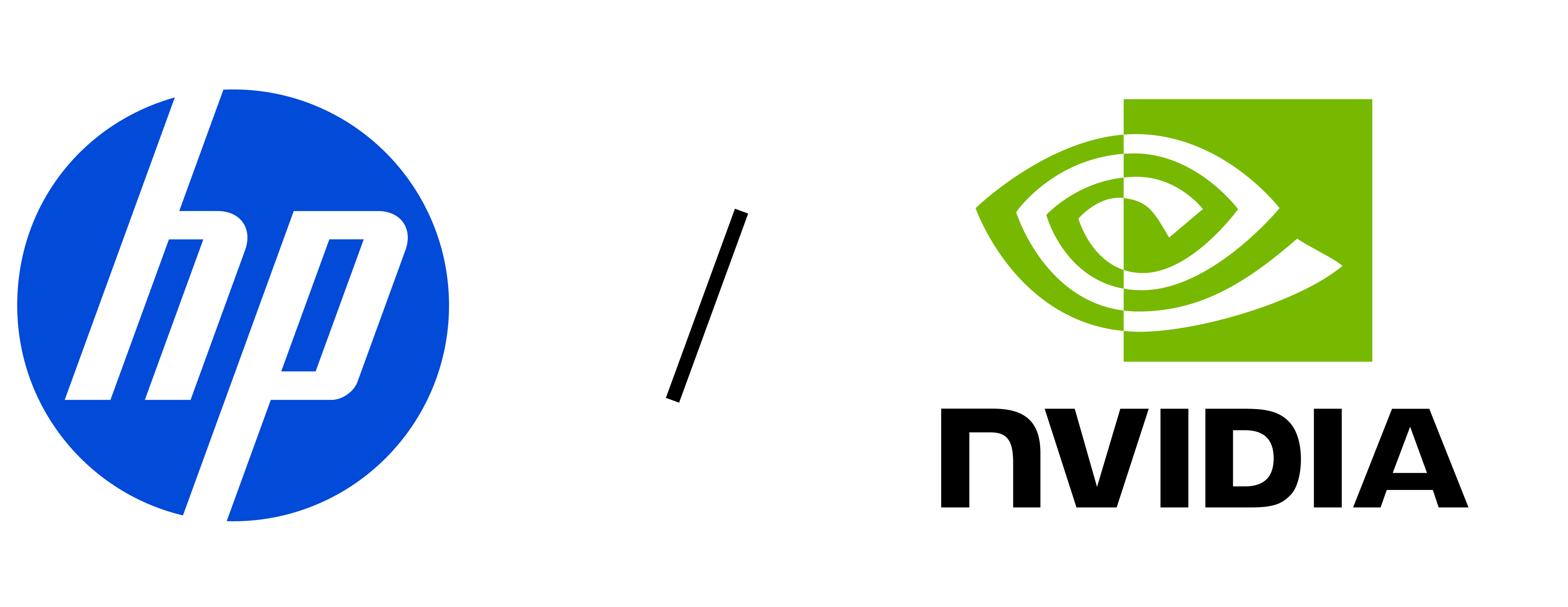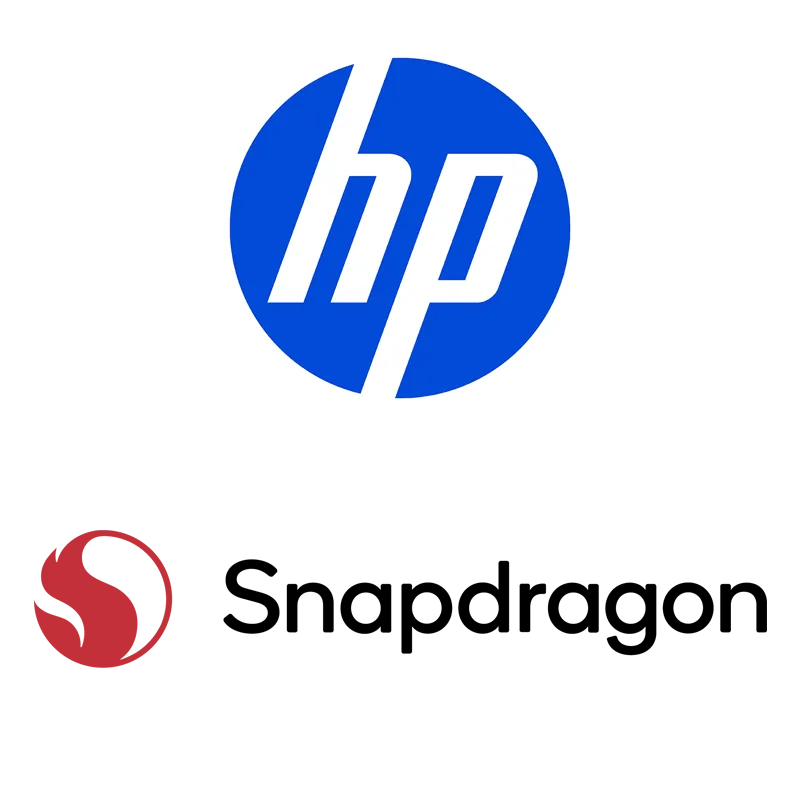In this exclusive Q&A, we ask Emma Fish, Google for Education’s EMEA Partner Program Manager, to outline the company’s views and approach to the education market.
What’s Google’s view of the education market in the UK at the moment and the opportunities it offers?
 In an uncertain economic environment, UK schools are looking to balance what is possible with what is practical. That means protecting teachers’ time, managing the workload for the IT department, and introducing new tools to enhance a lesson (not disrupt it). You shouldn’t underestimate that traditional technology hasn’t been fit for modern purpose. Many of the educators we work with in the UK explain that they can’t afford the time it may take to collect devices, set them up and then inevitably go back and forth with the network or IT manager to sort out issues. These past negative experiences have impacted the outlook of many teachers when it comes to trying to use new technology in the classroom and we are trying to solve that.
In an uncertain economic environment, UK schools are looking to balance what is possible with what is practical. That means protecting teachers’ time, managing the workload for the IT department, and introducing new tools to enhance a lesson (not disrupt it). You shouldn’t underestimate that traditional technology hasn’t been fit for modern purpose. Many of the educators we work with in the UK explain that they can’t afford the time it may take to collect devices, set them up and then inevitably go back and forth with the network or IT manager to sort out issues. These past negative experiences have impacted the outlook of many teachers when it comes to trying to use new technology in the classroom and we are trying to solve that.
Last year we engaged Evergreen Education Group on a journey around the world to answer: ‘What impact do you see with Google technology in schools?’
After speaking with more than 100 school leaders, the answer was that, when considering technology for technology’s sake, the teacher’s felt it added little or nothing to their daily efforts. But when technology was combined with four key factors in schools, it could help the school flourish. What are these key factors? Planning, professional learning, patience, and support. Google for Education’s most successful partners are the partners that build in value around these key factors and help schools to plan and support technology.

We’re a relatively new entrant in EMEA and the scale of our growth has been really quite phenomenal. We’ve seen strong momentum with Chromebooks across EMEA, and this year we reached a new milestone: leading education analyst Futuresource announced that Chromebooks are the top-selling device across laptops and tablets for schools in Sweden in 2016, following our success in the US. As we build out a new generation of Chromebooks with a world of apps for education, we are excited to see global educators lead this growth.
In the UK, Futuresource cites Chrome as the only growing platform in a declining or flat market. In the UK Chromebooks are expected to continue to gain share in 2017. We see a lot of this growth driven by more schools and school groups adopting G Suite for Education, driven by Google Classroom.
What are the key products and technologies you are offering for education?
First and foremost, Google for Education partners offer migration and deployment of G Suite for Education, our productivity suite that has 70 million users worldwide. That’s up from 60 million a year ago and 50 million in October 2015. It features all of the core Google tools (Mail, Docs, Drive, Hangouts, etc.), as well as Classroom, a tool built specifically for teachers and students to communicate, share assignments and track their progress. While G Suite deployment is a key component of our Google for Education partner portfolio, most of our partners in the UK bring to market a range of Chrome devices and the software licenses that allow schools to manage their fleet of devices. More recently, we have been working on Google Expeditions, which became
a key element of our proposition. We actually just completed a roadshow to bring virtual reality to one million schoolchildren in the UK as part of a new learning initiative.
Professional Development is also incredibly important to us and we are developing our UK channel and school incentive programmes to encourage teachers to rethink their learning models. Through our partners we are offering a bundle that includes a workshop for senior school leaders, a hangout with a teacher training partner, and three spaces to attend a Google certification boot camp. Our hope is that this will urge schools to start thinking more strategically about professional development around their Google for Education strategy and spark a broader technology commitment. This package is meant to support partners to complement our free, online training for the classroom.

What channel programmes and initiatives do you have to help partners take these products to market?
All of our channel programmes and incentives are built around our Google for Education partner programme, to reward those partners who are offering schools a full solution around G Suite, Chromebooks, and training. In addition to a competitive margin on Chrome licenses, we offer our Premier partners quarterly sales rebates, payment for teacher training, marketing development funds, and a £500 incentive for each new school pilot that they successfully deploy.
How are Google and TD SYNNEX working together to support partners in the education market?

It is important to me that Google for Education partners offer all Google Education products and this is reflected in the size and in-depth knowledge of our channel. As a first step our partners contract directly with Google to offer services around G Suite for Education and get access to a portal where they can manage customer domains.
A subset of these partners who have built out their Google business can apply to sell Chromebooks and Chrome management license software and be badged
as ‘Google for Education Partners’. Currently, TD SYNNEX is our exclusive distributor in the UK of Chrome management license software. Google and TD SYNNEX work hand in hand to support and enable our channel of proactive partners in the UK.
To find out more about Google solutions for education, please contact the Chrome team at TD SYNNEX on 01256 864 471 or by clicking here to email
Read more of our latest stories



